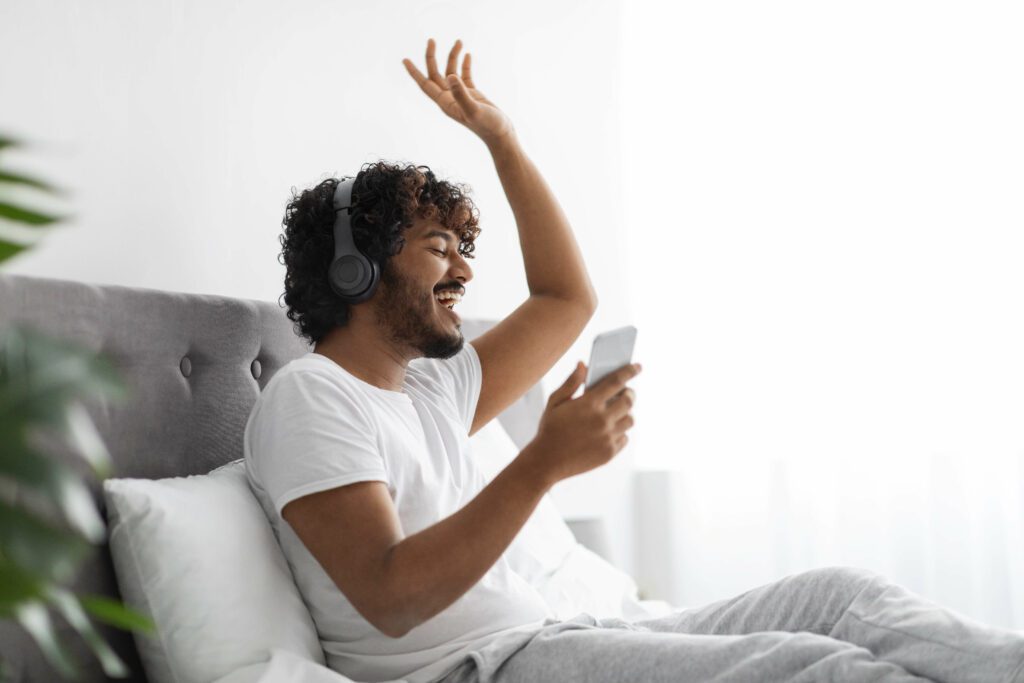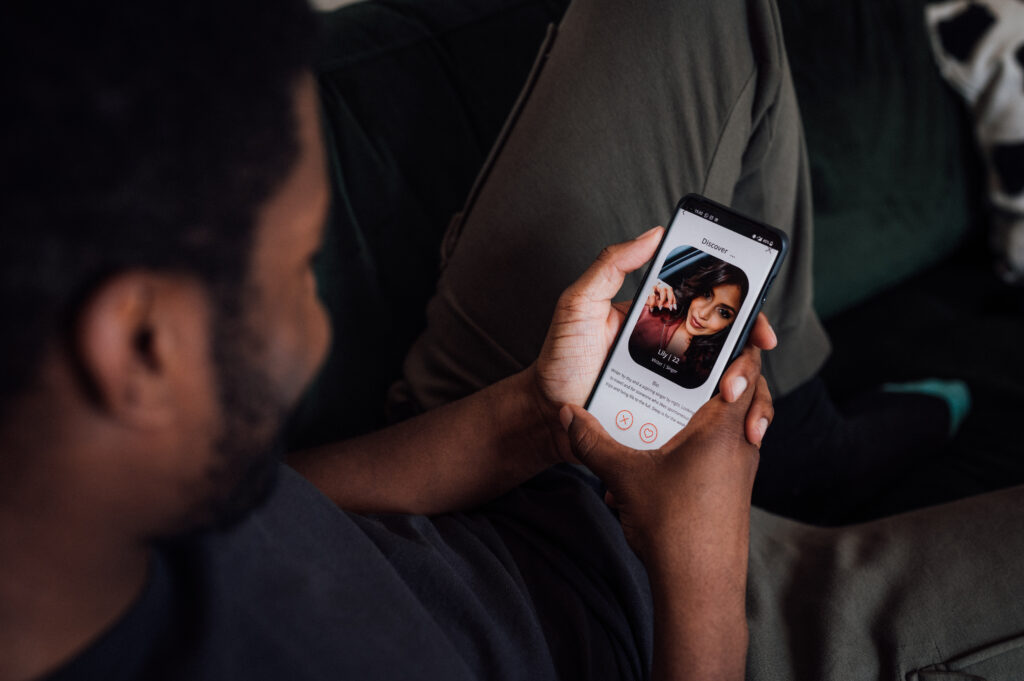The words rolled off his tongue in a way that made me feel like I must’ve missed a med-school lecture somewhere. “Yea, I’ve been OK doc; the re-entry anxiety is a killer though”. As soon as my patient left, I turned to Google and as it turned out, this wasn’t a term they had newly invented – it was something a lot of people were feeling. As I scrolled it dawned on me that there’d been a shift in the nerves and panic people were feeling about lockdown lifting and reality restarting; and it suddenly had a name – ‘Re-Entry Anxiety’.
What is it?
Re-Entry Anxiety is a newly coined term to describe what people around the world have felt building now for quite some time. It’s a collection of fears, worries and anxieties around re-emerging back from the pandemic cocoon and into society. For some it’s the shift from lockdown life to their city reopening. For others it’s biting the bullet on international travel. For many though, it’s a torn feeling of fear about the world opening back up when that’s all they’ve wanted for so long now. If that’s you, you’re not alone.
In a nutshell, ‘Re-Entry Anxiety’ sums up feeling anxious, worried and even panicked about getting back out in the world as things start opening up. It’s understandable, common and something that doesn’t mean you’re not also looking forward to some kind of normal.
What Does It Feel Like?
Like most anxiety, this one’s a mixture of thoughts, physical feelings and behaviours. It’s hard to believe we’ve gotten used to aspects of the pandemic, but a shift back out of lockdowns and restrictions hits because it offers up another major change. After months (years) of being told to stay away from others, seeing the harm COVID has caused and embracing Friday nights in, it’s no wonder we’re feeling nervous.
Intrusive worries about the roadmap, new “can do’s” and what new-normal life means are common. A sense of pressure seems big here too – a subtle push to start socialising again, “get out there” or be back in the office (or worse, traffic). The body’s alarm system is set off next as well – a high heart rate, queasy stomach, trouble sleeping and tense muscles are par for the course right now for many. No surprise these aren’t good feelings, and so many people right now are actually planning on pulling back. Feeling a major push to not re-emerge, to turn that invite down or just find a new Netflix show is totally normal.
So what can we do about it?
‘Re-entry Anxiety’ is something almost everyone is feeling, or going to feel, in some way over the coming months as the world looks to lift the lid. It’s a good thing then that there are some solid takeaways to help get through it.
Ease In
Going at your own pace is the foundation for kicking re-entry anxiety to the curb. While lowered restrictions and lockdowns lifting might mean you CAN do something, it doesn’t mean you HAVE to right away. If you’re feeling a bit anxious about things, take it slow. Start with just a few mates over, ease into parts of town a little less packed and build things up gradually over the weeks.
Call It Out
Anxiety’s secret weapon is pulling the reins on its own. The less we acknowledge it’s there and that what’s happening is because of it, the more it builds and grows. Stop to take check of how you’re really feeling about things – calling out that you’re a bit nervous or that that gut ache might be anxiety can actually dampen things down a notch all on it’s own.
Speak Up
Like most things with mental health, we’re all assuming everyone else is completely fine and we’re the only one finding this tough. Not true. Surveys show a big part to re-entry anxiety for many is not quite knowing how other people feel about the invites, etiquette or mask on/off vibes. Telling mates there’s a part of you that’s a bit nervy about this is important, and asking them how they’re feeling too can help all.
Attack Plan
Anxiety often creeps up on us, and it’s when we don’t realise it’s happening that it can spiral. As we’re getting back out there, picking up on how we’re feeling is important. Spend a bit of time now thinking about how anxiety feels for you when it’s there. For some it’s a racing heart, others a sudden urge to number two and for yet others it’s just feeling mentally spaced or foggy. Practice scanning things to pick up if your body is sending off flares, and then work on a simple tool (like stopping to take a few deep breaths or reminding yourself you’re safe and ok) to rein it back in.
Self Care
Periods of change and uncertainty put an added load on body and brain. It’s for this reason that the coming months will likely be a bit rough even if seeing the world reopen and lockdown end is still an exciting thing. We can help reduce our anxiety and look after our mind right now by locking in some basic self cares: protect your sleep (you might need a bit more), watch caffeine (can ramp anxiety up), rest and get alone time (even if we can see others, solo time is important) and move the body each day (exercise helps the mind too).
















